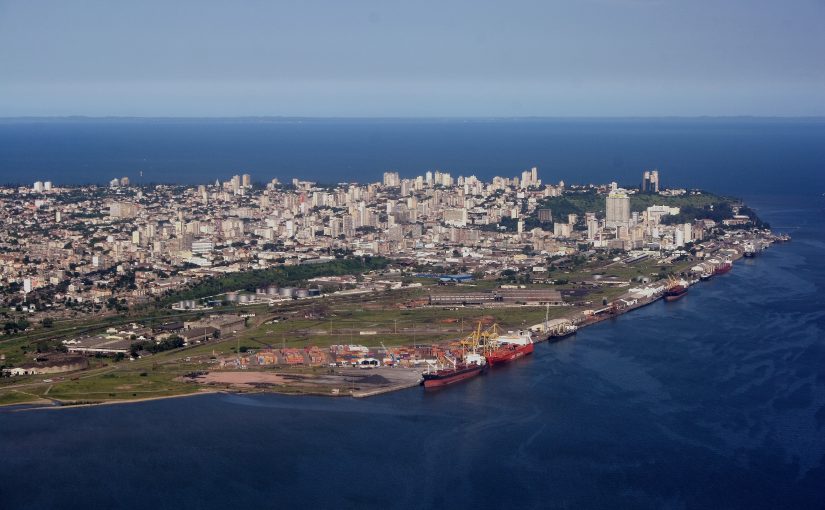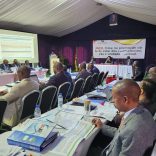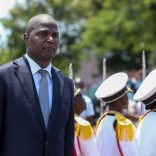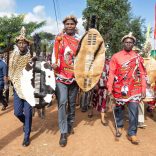Ministry re-verifies pension payroll to eradicate ghost combatants
Comment: Is Mozambique different from its neighbours? – By Joseph Hanlon

Cyril Ramaphosa in South Africa this year, Emmerson Mnangagwa in Zimbabwe last year, and John Magufuli in Tanzania in 2015 were all named as transforming leaders by their own predominant parties, which had all grown out of liberation movements – the ANC, Zanu, and CCM. And while keeping their parties united, they are challenging their own greedy elites. These were internally driven changes, by party activists who feared they would lose the next election without a new activist leader seen to be correcting mismanagement and corruption.
Frelimo in its time has taken strong stands, for example preventing Joaquim Chissano from standing again in 2004 and refusing to change the constitution to allow Armando Guebuza to stand again in 2014. But the choice of presidential candidate in 2013 was a compromise who would not challenge the party elite, and who is not a Ramaphosa or Magufuli. Critically, Frelimo marginalises those who are skilled and dynamic but do not pay enough attention to personal benefits to the party hierarchy – from Eneas Comiche not allowed to stand again as mayor of Maputo in 2008 to Jorge Ferrao sacked as Minister of Education in 2016 and the current campaign against the successful mayor of Matola, Calisto Cossa. Mozambique is in an underdevelopment trap largely of its own making – growing poverty and inequality, high birth rates and teenage pregnancy, no job creation, and no future for small farmers. Instead, Frelimo opened the door to the resource curse, dreaming of wealth from coal and gas.
Mozambicans are disenchanted with the development that has not happened, and the greed and corruption they see everywhere around them. The 2014/15 Afrobarometer survey showed that Mozambique is more corrupt than its neighbours. And it is becoming dysfunctional, from the $2 bn secret debt down to school teachers insisting on money from parents and not showing up to teach.
Renamo is likely to be the only serious opposition in coming elections, and the brutal history of the 1982-92 war means that an older generation will never vote for Renamo. Frelimo depends on that memory, and party patronage, to ensure another pair of victories. But the second round in Nampula probably showed that Frelimo’s disenchanted voters are staying home and not voting at all, while a younger generation thinks that for the first time a vote against Frelimo might have an impact and thus casts its vote. The unexpected marginal victories of Trump in the United States and Brexit in the UK exemplify a broader trend – to vote against an establishment that enriches itself without creating jobs or reducing poverty. Can this happen in Mozambique?
Predominant parties from Mexico to India survive for decades by constant change that keeps them in contact with the electorate, and are defeated when they become comfortable and stop transforming. Is there a Magufuli or Ramaphosa inside Frelimo, who could make the essential changes without breaking the party? Magufuli, Ramaphosa, and Mnangagwa were all promoted by activist groups within the party who saw the need for change, often for personal interest – not only because they were likely to lose the next election, but also because the spoils were being captured by an ever smaller group. Is it too late for Frelimo to change? Will Frelimo charge blindly ahead assuming it always wins, and risk a Trump or Brexit?
By Joseph Hanlon













Leave a Reply
Be the First to Comment!
You must be logged in to post a comment.
You must be logged in to post a comment.